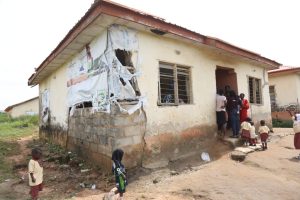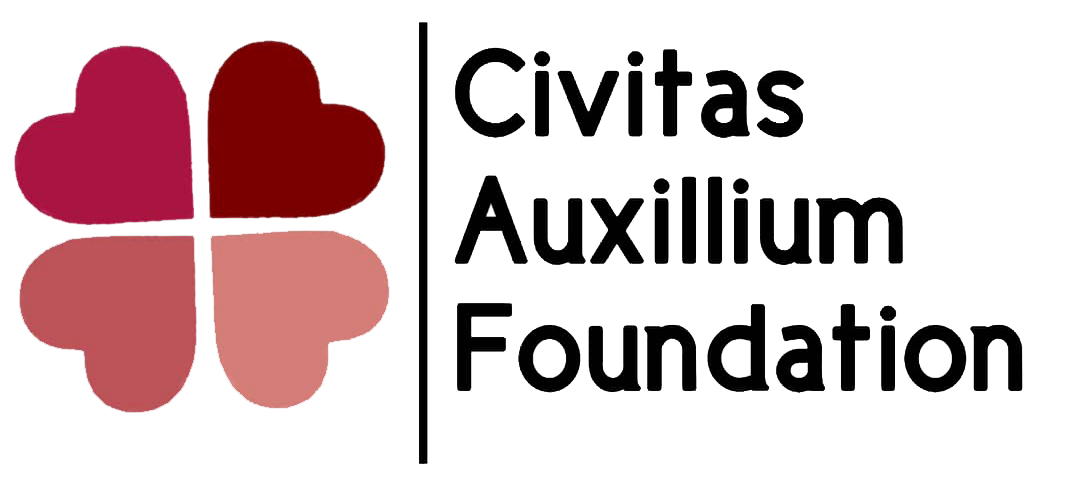No products in the cart.
CAUSES AND CONSEQUENCES OF DISPLACEMENTS IN NIGERIA – A FOCUS ON CHALLENGES FACED BY IDPS AND THE IMPORTANCE OF HUMANITARIAN ASSISTANCE:
Introduction:
Nigeria is seriously faced with the problem of internal displacement. For instance, Boko Haram insurgency has displaced over 2.4 million Nigerians in the Lake Chad Basin. As of December 2019, it was reported that Nigeria has about 2.5 million internally displaced people.
It is important to note that some causes of displacement in Nigeria also include jihadist violence, armed banditry, so called farmers-herders conflict, inter-communal wars and boundary disputes, amongst others. Nigeria’s displaced population continue to increase as these conflict and violence challenges and this has continued unabated.
Just recently, On 29 June 2024, at least three bomb blasts targeted several areas in Gwoza, Borno State, in Northeastern part of Nigeria, killing at least 32 people and injuring 48. sadly, young girls were reportedly used as the carriers of the IEDs. That certainly will lead to yet another set of displacements and the count is becoming endless.
CAF currently intervenes in Wassa IDP camp, in Abuja, where there are over 5000 displaced persons including women and children.
Causes of Displacement in Nigeria:
Several factors have been attributed to this including but not limited to:
- Conflict and Violence, usually ethno-religious. Violent extremists have also infiltrated communities and have continued to unleash terror.
- Environmental Factors: environmental disasters such as floods, droughts, and desertification contribute to displacement, particularly in regions prone to these climate-related challenges.
- Political Instability and Governance Issues: Weak systems, weak governance, lack of political will, corruption, political tensions have continued to fuel insecurity.
Challenges Faced by Internally Displaced Persons (IDPs):
- Loss of Livelihoods and Economic Disparities: Displacements disrupts livelihoods and has led to poverty and unemployment. And when this is eminent, lives are negatively impacted.
- Effect on Health and Well-being: Most IDPs have no access to adequate healthcare, there are sanitation concerns and this increases vulnerability to disease. On the other hand, IDPs are suffering from trauma, after having watched their loved ones either being killed or have gone missing without a trace.
- Protection Concerns: There are several reported cases of GBV in IDP camps, exploitation of the victims in exchange for food or water and clothing. Sadly the number of Children out of school has continued to surge.
Consequences of Displacement: Some IDPs in Benue, from Borno and other North Eastern States have been displaced for over 10 years, and have continued to reside in make shift camps with little or no support from the Government, they depend on goodwill from individuals and CSOs to survive.
The Importance of Humanitarian Assistance to IDPs cannot be over emphasized. In the last 2 years CAFs role in the IDP camps has helped to empower vulnerable women and children by providing financial support and ensuring Children return to school.
- Relief and humanitarian interventions: Such as meeting basic needs of food, clothing and empowerment. CAF has in collaboration with other organizations conducted health outreaches at the IDP camps.
- Psychosocial Support: Counselling support aimed at helping IDPs cope with trauma and build resilience.
- Advocacy and Policy Influence: The IDPs are been empowered to have a voice and equally demand for their own rights through trainings and capacity building programs.
Conclusion:
 One of the houses at IDP camp, Wassa Abuja
One of the houses at IDP camp, Wassa Abuja
Displacement is multi-faceted in nature, it affects every areaof human existence. It is important and urgent for the Nigerian Government to carryout r comprehensive humanitarian responses across camps, provide basic human necessities and ultimately create enabling environment that can aid IDPs to return home.
Lastly, we are a small NGO, we look forward to your support to expand the work we do, your kind donations will go to work immediately – to empower more women and children and ultimately transform lives.
CAF accepts cash donations, fairly and neatly used clothings, shoes, household items, electronics and these are repurposed as needed.
Consider making a donation today!
